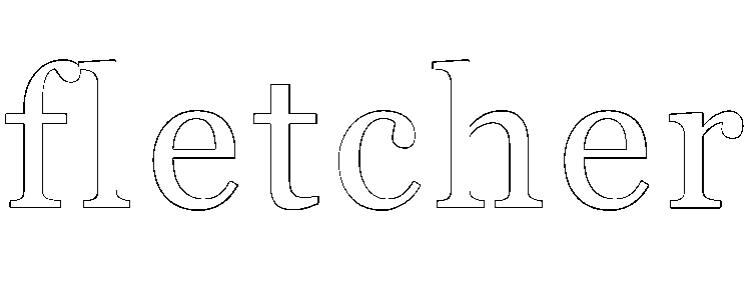Two Belgian scientists who headed the research team responsible for creating a Hepatitis B drug were awarded shares in the company that commercially developed the drug, Idenix.
Yet another example of a state being much less concerned about returning property to its rightful owner (as it should be) and more concerned with using the unclaimed property laws as a revenue raising tool.
"Despite the facts that (a) both Idenix and Computershare (their transfer agent) had record of the mailing address of the scientists and no mail was ever returned undeliverable—as required by Delaware law at the time for property to be deemed abandoned— and (b) that the scientists both continued to perform professional services for Idenix, Computershare reported the Idenix shares to Delaware in November 2008 and delivered all of the shares to Delaware on January 2, 2009. Three days later, Delaware sold the shares for a total of $1,695,851.75 (approximately $3.03 per share). At the time, Idenix had approximately 50 shareholders, and the market for the shares was illiquid.
After making an inquiry concerning the stock to Computershare three years later in 2012, the plaintiffs learned that their shares had been escheated to Delaware. Upon contacting the Delaware Office of Unclaimed Property to claim their property, the plaintiffs were forced to provide substantial documentation verifying their status as the rightful owner, which they did in October and December 2012. After over a year of “pending” status, the plaintiffs were directed to complete a “Request Form” in May 2013, at which time it was noted that a response could take another 12 weeks.
On June 9, 2014, Merck and Idenix announced that Merck would acquire Idenix via a cash tender offer for $24.50 per share. Because the plaintiffs’ shares had been escheated to (and immediately sold by) Delaware in 2009, they were not able to participate in the tender offer despite their desire to. Had they been able to participate, the plaintiffs would have been entitled to receive a total of $13,720,000 for their shares. Meanwhile, Delaware had still not responded regarding the status of their claim. Notably, it was not until October 2014 (over two years after their initial request) that the Delaware Office of Unclaimed Property confirmed that the plaintiffs Idenix shares were sold (and for how much). The plaintiffs subsequently completed a claim for the market value of their shares (i.e., $13.72 million based on the Merck tender offer). Delaware immediately responded that they could only refund $1,695,851.75, and could do so without any additional documentation—which had previously delayed the process. Without agreeing to the lower amount, Delaware took the initiative to send the plaintiffs a check for the lesser amount. The plaintiffs accepted the check in June, after agreeing that the acceptance would not affect their rights to seek recovery of the remaining amount of their claim. In July, they filed this complaint."
Read the full article here.
The article is written by Stephen P. Krantz, Diann Smith and Eric Carstens and published on insidesalt.com.
